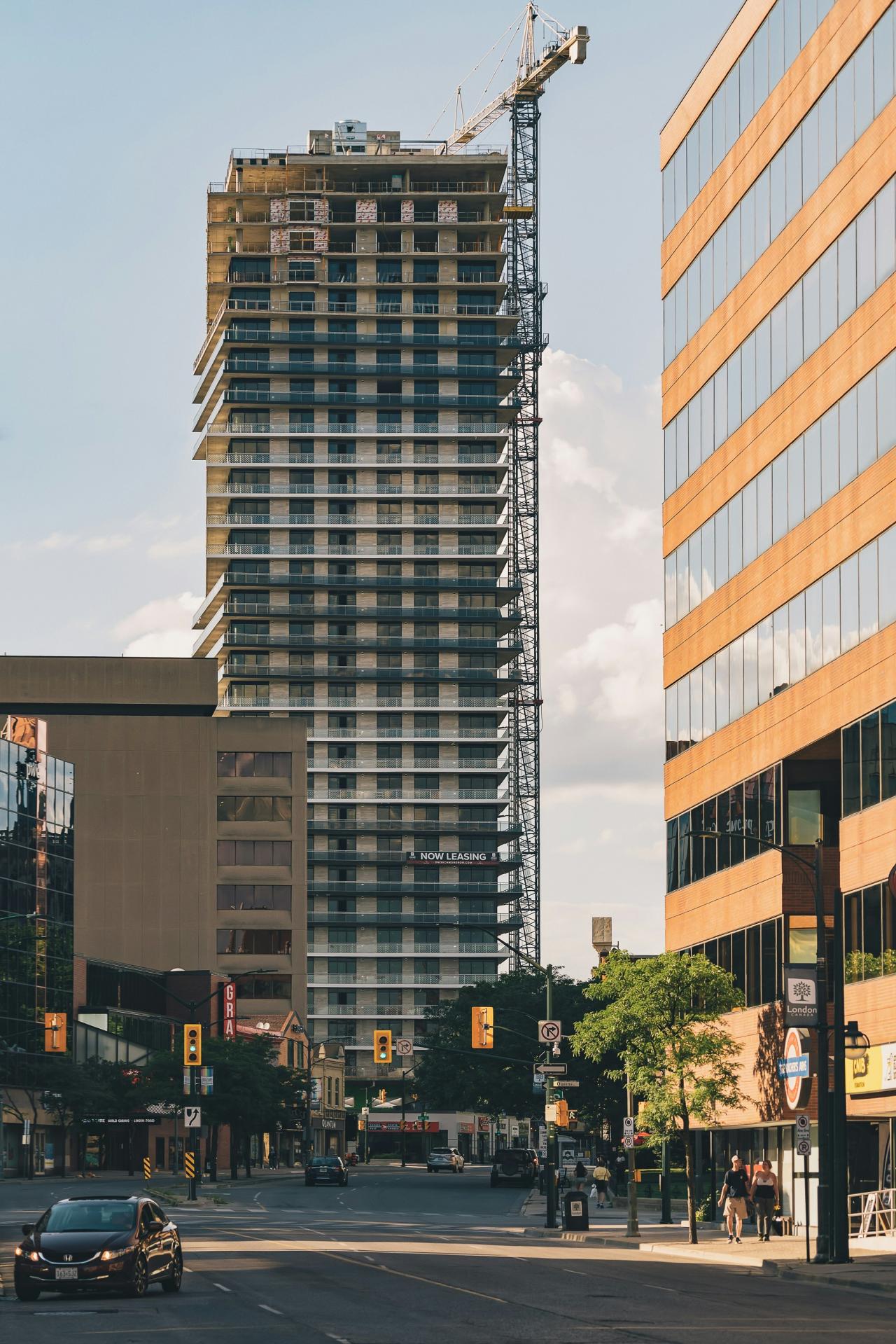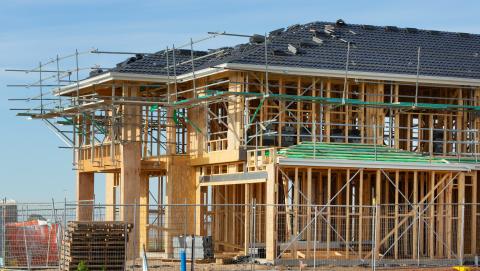
Bill 60, Fighting Delays, Building Faster Act, 2025
Top Insights
- The omnibus Bill 60 contains several significant municipal proposals, most notably:
- Draft regulations for development charge modernization, aligning with joint advice from AMO and the Ontario Home Builders' Association.
- Creation of a public corporation for water and wastewater services, beginning with Peel Region.
- Prohibitions on municipalities reducing motor vehicle lanes, including for new bike lane installation.
- Measures to shorten Landlord and Tenant Board (LTB) processes and eviction timelines.
Bill 60 Fighting Delays, Building Faster Act 2025
Last Thursday, the government tabled its latest omnibus bill. The bill and additional communications include a large number of initiatives impacting the municipal sector.
Top items of interest
- Development charges (DCs): Responding to joint AMO-Ontario Home Builders' Association advocacy for DC modernization over cuts and discounts, the province introduced draft regulation based on Bill 17’s framework changes. AMO is pleased the province adopted our joint technical advice developed over the summer, which standardizes calculation of DCs, including land and local service costs, and introduces new transparency measures, such as annual DC statement tabling to council. These changes will improve local municipal-developer relations by reducing questions and friction on DC fee calculation, reducing the incidence of lengthy appeals.
- Peel Region water and wastewater services: The bill introduced a pilot public corporation model for water and wastewater services, specifically targeting Peel Region. This legislation will transfer jurisdiction over these services from the Peel Region to the three lower-tier municipalities – Mississauga, Brampton, and Caledon – and establish this new public corporation to manage infrastructure funding. While governance shifts to a professional board of directors, the structure ensures that assets remain publicly owned, a key outcome advocated by AMO. The intent of this model is to create new revenue streams by allowing the constituent municipalities to borrow capital for water/wastewater investments from the public corporation. AMO is pleased that the province is committed to maintaining public asset ownership while exploring innovative utility models and ways to fund growth infrastructure. However, AMO's prior analysis indicated these models are best suited for small and medium-sized municipalities, not large, complex regions like Peel. AMO continues to advocate that the use of public corporations for water and wastewater services must remain voluntary, not mandatory.
- Vehicle lanes: Bill 60 proposes to prohibit municipalities from reducing motor vehicle lanes for new bike lanes or other purposes (to be defined by regulation). This follows 2024’s Bill 212 changes to constrain local bike lane decisions, which AMO opposed and continues to oppose now. Municipalities, relying on local knowledge and community input, are best positioned to balance traffic flow with active transportation, road safety, and community needs. Biking is a key tool for combating congestion; bike lanes are an essential element of multi-modal planning that removes cars from the road for short trips and transit connections, thus alleviating congestion, not causing it.
Other Bill proposals
- Changes to the LTB with a focus on strengthening landlord rights, providing shorter timelines for tenant evictions, and improving the speed and effectiveness of the LTB to address the active case backlog. While AMO recognizes that landlords need adequate rights to provide rental opportunities and increase housing supply, Ontario needs a balanced approach that provides tenants with strong protection from unlawful and illegal evictions such as bad faith renovations.
- Streamlining approvals for developments near transit and through Community Improvement Plans, expanding use of minor variances as-of-right, and prohibiting municipal green building standards.
- Creating a new legislative authority to create harmonized road construction standards for municipalities.
- Streamlining environmental approvals and making it easier to use excess soils where there is a low risk of contamination.
Items announced for future consultation
In addition to these legislative and regulatory changes, the government announced a commitment to consult on a review of the Ontario Building Code, streamlined official plans and digital approvals, expanding the use of communal and small-scale water and wastewater systems, and implementing harmonized road construction standards. The government has already walked back plans to consult on potential changes to end-of-lease provisions.
AMO will continue collaborating with the province to advise on and advocate for municipal interests in housing and economic growth and will formally comment on the bill during the standing committee process.



